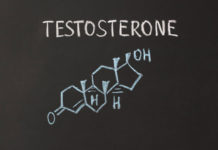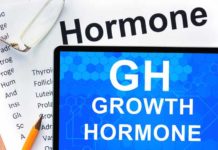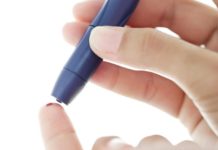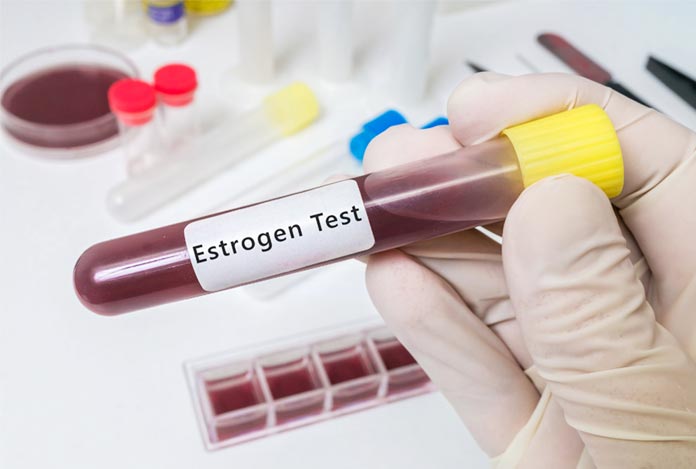
Breast Cancer Risk Reduced with Estrogen-Only HRT – Is It True?

A study from Lancet Oncology that examined data from Women’s Health Initiative (WHI) said that when estrogen is used alone, then it is not associated with the risk of breast cancer. It is the use of estrogen-progestin, which increases the chances of breast cancer.
It may seem contradictory because for quite a long time, estrogen has been thought to be associated with increased breast cancer risk. Some studies have reported that the timing for when estrogen therapy is initiated after menopause is an important factor in determining the risk of breast cancer. In two studies, it was found that women, who started estrogen in the initial 3-5 years after menopause, had greater chances of breast cancer, than those, who started 5 years later. So, a 5-year gap time is considered long gap time, whereas going for estrogen therapy just after menopause is considered as short gap time.
Dr. Marina Johnson says that it is a complex thing. So, it is important to understand it in depth. Invasive breast cancers happen because of the formation of abnormal cells that are premalignant. Estrogen is believed to cause cancer, not by creating new cancer cells, but speeding up the growth of malignant cells that can be detected with mammogram. When the breast tissue are kept away from estrogen for many years after menopause, it leads to the shrinking of premalignant cells.
The WHI participants, who were given Premarin (conjugated estrogens), had been menopausal with an average period of 8 years of no estrogen administration. For a few of the participants, this period was as long as 20 years, who had never taken estrogen after menopause. Hence, there were possibly less cases of breast cancer in those women as after so many years of being estrogen deprived after menopause, the premalignant cells, whatsoever left, might have died off. So, this was the major observation in those women.
Now, the question arises that if we are asserting that it is all about timing, then why there is increased risk of breast cancer with the pill, Prempro, a combination hormone pill. Also, the increase in the breast cancer risk with synthetic estrogen/progestin has been cited in many studies. Probably, it could be because of the addition of progestin like Provera present in Prempro that possibly turns off the mechanism that destroys cancer cells.

In relation to the above fact, a study reported harmful effect of regular progestin, i.e., it increased the level of a protein, RANKL, which causes the breast cells to increase in number at the time when they should actually die.
So, what can be done by a woman who is on hormone replacement therapy (HRT)? Does she need to suffer from hot flashes for 5 years to decrease the risk of breast cancer and then initiate estrogen therapy? Does she need to go through hysterectomy, so that she does not need a progestin? Dr. Marina Johnson tells us that if you do not take estrogen for 5 years, not only will you have to experience symptoms of low estrogen like hot flashes, but you will also face an increased risk of heart disease, Alzheimer’s, osteoporosis and poor quality of life.
A French study that examined around 50,000 women indicated that women, who were on estrogen and progesterone, did not have an increased chance of breast cancer when HRT was started in three years of menopause. So, this suggests avoiding progestin, which is synthetic, and opting for natural hormones like progesterone and estradiol. Heart attack and stroke can be avoided by opting for topical estrogen available as creams, gels and patches. These natural hormones are better than bioidentical hormones that are compounded as they have to meet stricter standards of quality.
Most women, who experience menopause, get symptoms like night sweats, hot flashes, insomnia, depression and brain fog. In case of women, who have uterus, menopause is easier to recognize as periods stop. If a woman in her 30s or 40s gets a hysterectomy done and her ovaries are removed, she might face serious symptoms. Likewise, in women, who have undergone hysterectomy, but have their ovaries, the loss of estrogen is gradual, so it is not noticeable.
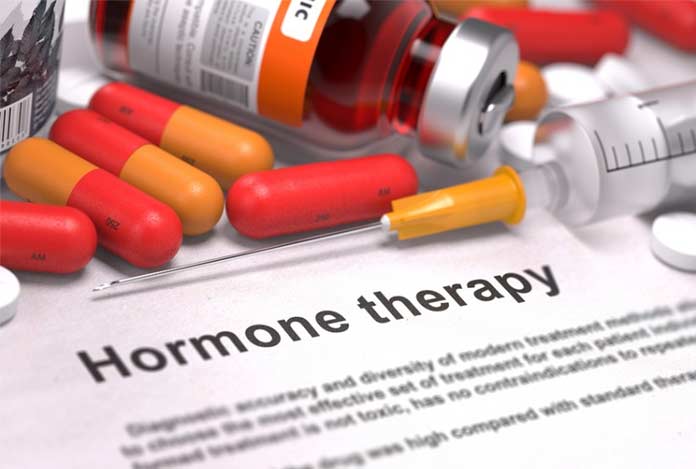
Some common indicators of estrogen loss are weight gain, particularly around the waist, crying spells, inability to perform multiple tasks at a time, premenstrual syndrome (PMS) and acne. Women are treated with antidepressants in such cases. These symptoms usually go away with estrogen therapy. Hence, it is always advised to consult a physician about whether to consider HRT or not.

